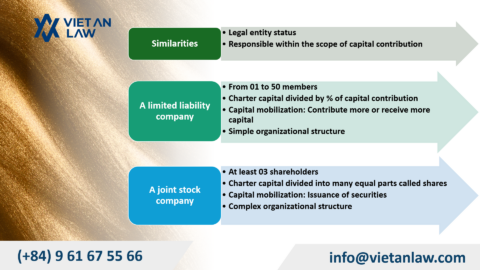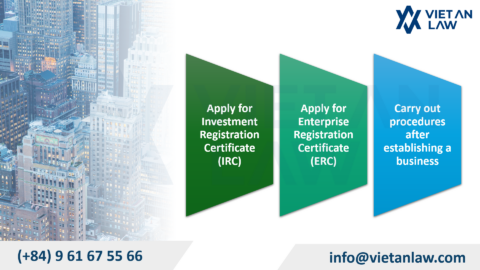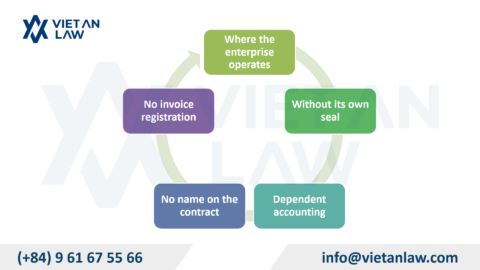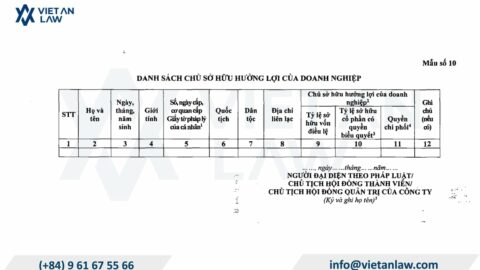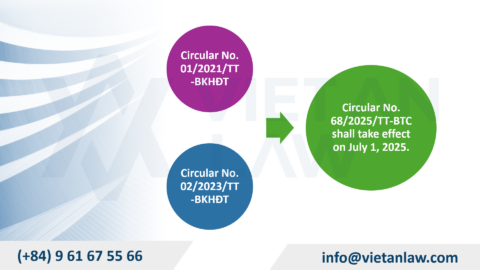The Netherlands is an ideal destination for businesses looking for growth opportunities thanks to its outstanding advantages. With its strategic location right in the heart of Europe, along with modern infrastructure including the vibrant Rotterdam seaport and the bustling Schiphol Airport, the Netherlands has become the region’s lifeblood trade gateway. The business environment here is highly appreciated for its openness, quick company establishment procedures, transparent legal system and highly qualified workforce. The attractive tax policy with many incentives, especially for technology and R&D companies, further increases the attractiveness of the Netherlands. Not only that, the Netherlands is also an innovation hub with the presence of many leading universities, research institutes and a dynamic startup ecosystem. All these factors have created a Netherlands full of potential, ready to welcome and support businesses on the path to growth and success. Investors can establish a company in the Netherlands in many different types, Viet An Law would like to introduce some popular types below.
Table of contents
A private limited liability company (BV) is the most common type of company in the Netherlands, similar to a limited liability company in Vietnam. A BV is a separate legal entity, which means that the company has its own legal status and its assets are separate from the owner’s personal assets. BV owners are only limited liability for the company’s debts, which means they are not personally liable for debts in excess of their capital contribution to the company. A BV can be established by one or more individuals or legal entities. The minimum charter capital to establish a BV is 0.01 euros, a very small number, which makes it possible for small and medium-sized enterprises to set up a company. However, when establishing a company, you still need to register a minimum amount of contributed capital to be able to go into operation. Shares of BV are not freely transferable like shares of public limited liability companies (NV). The transfer of shares usually requires the approval of other shareholders or the company’s board of directors.
| Advantages of the hospital | Disadvantages of the hospital |
| · Limited Liability: The owner is only responsible for the company’s debts within the scope of his or her capital contribution.
· Flexibility: BV can be used for many different types of businesses. · Development potential: BV can develop into a public limited liability company (NV) if there is a need to raise capital from the public. |
· Less flexibility in the transfer of shares: The transfer of shares may be restricted.
· Information disclosure requirements: The hospital must publish annual financial statements.
|
A public limited liability company (NV) is a type of company established with the purpose of raising capital from the public through the issuance of shares. NV is a separate legal entity, which means that the company has its own legal status and its assets are separate from the owner’s personal assets. The owners of NV are only liable for the debts of the company, which means that they are not personally liable for debts in excess of their capital contribution to the company. NV can be established by one or more individuals or legal entities. The minimum charter capital for the establishment of an NV is 45,000 euros. NV’s shares are freely transferable on the stock market.
| Advantages of NV | Disadvantages of NV |
| · Ability to raise large capital: Investors can raise capital from the public through the issuance of shares.
· High liquidity: NV’s shares are freely transferable on the stock market, helping to increase liquidity for investors. · High reputation: Investors often have a higher reputation than other types of companies, due to having to comply with stricter regulations on information disclosure and governance. |
· High charter capital requirements: The minimum charter capital for the establishment of an NV is 45,000 euros.
· Complex legal regulations: Enterprises must comply with more complex legal regulations than other types of companies, especially in terms of information disclosure and governance.
|
In the Netherlands, the form of business partnership is quite popular, especially for small businesses.
General Partnership, VOF
Professional Partner (Maatschap)
Limited Partner (Commanditaire Vennootschap, CV)
SE is a type of public limited liability company formed under the laws of the European Union. Its top advantage is its ability to allow businesses to operate across EU member states (and some countries in the European Economic Area – EEA) with only a single set of rules and registration procedures. This greatly simplifies cross-border business operations.
Characteristics of a European Company
